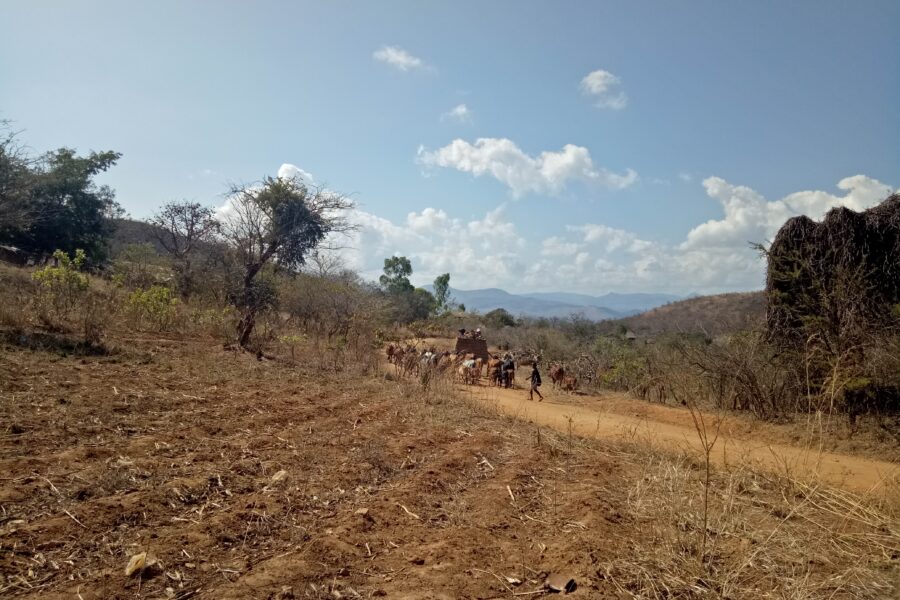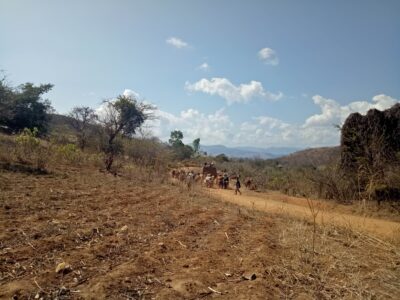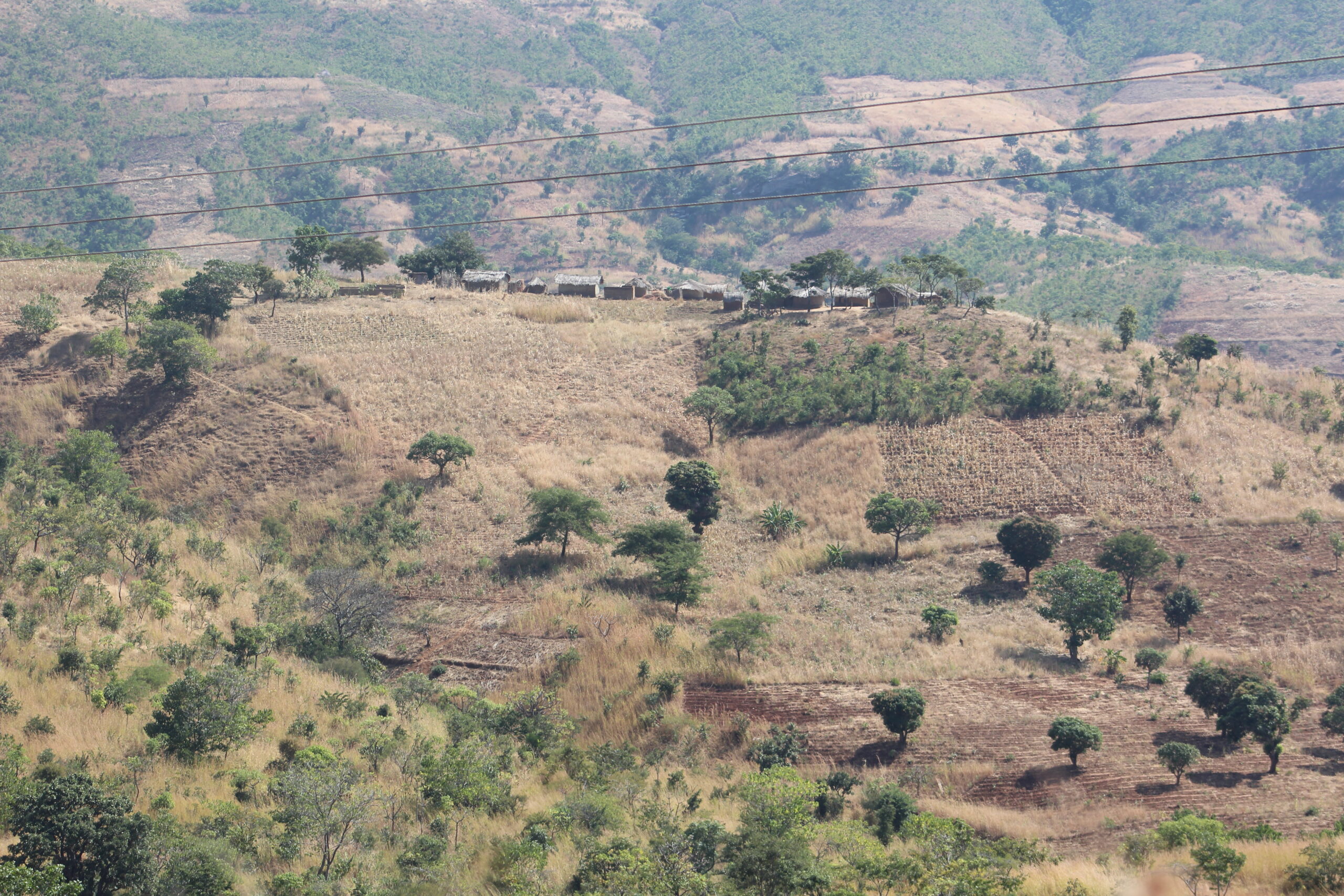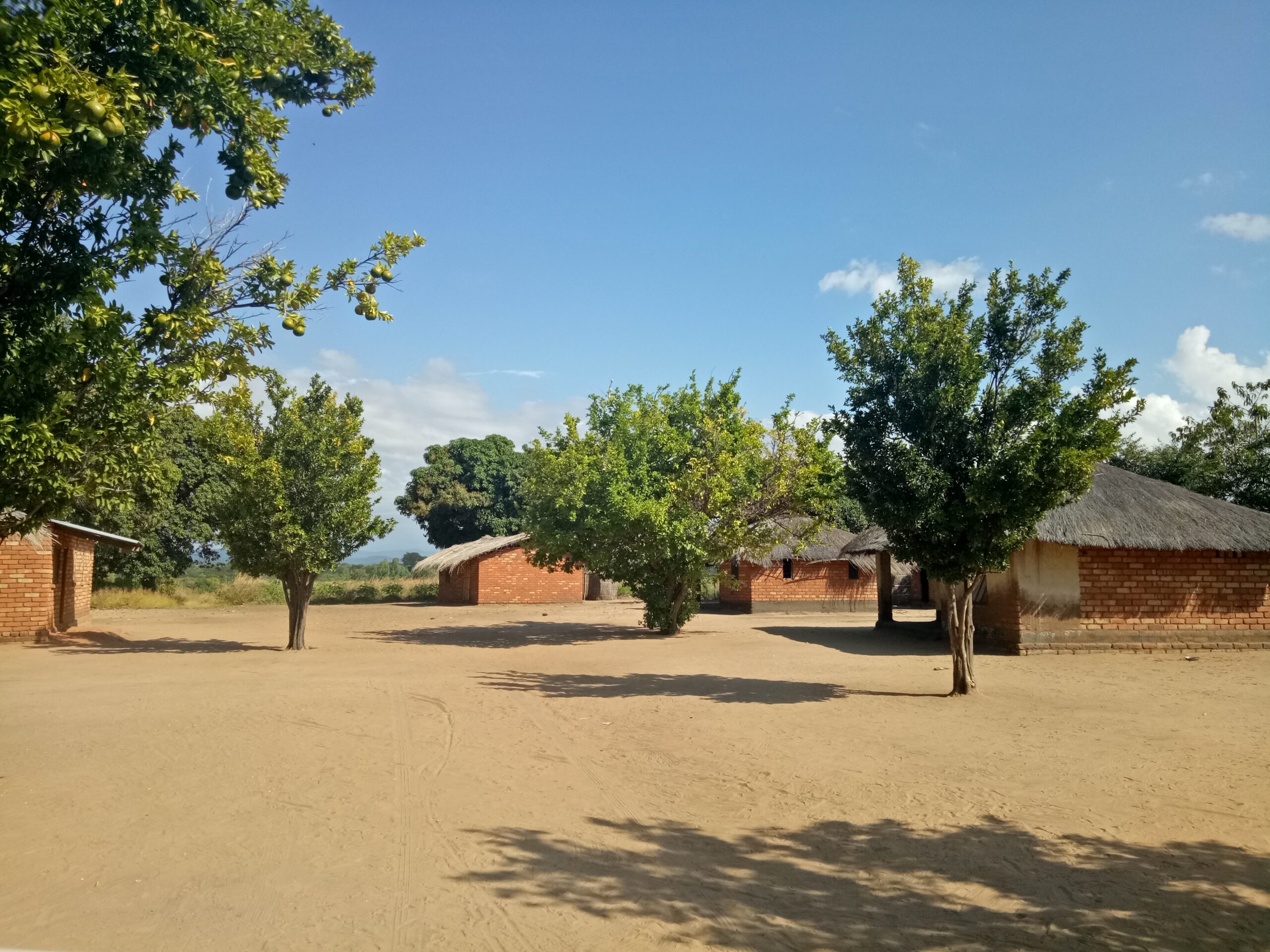Bushmeat hunting, or the harvesting of any non-domesticated animal for food, is recognised as one of the world’s major conservation challenges. Bushmeat interventions are, however, often difficult to implement and achieve desired outcomes from. Simplistic narratives about the motivations and drivers behind bushmeat hunting are common, and obscure the complex reality behind this issue. Given this complexity, managers struggle to make informed decisions about the best course of action to mitigate the hunting and consumption of bushmeat. The goal of this project was therefore to understand how individuals may respond to seven possible interventions (scenarios), and how these interventions may impact food security and the time people choose to spend on activities. We also investigated how fair people perceived these different interventions to be. The results of this project illustrate which programs may be most affective in changing behaviour, while meeting both environmental and social goals.
The study showed that programs that generate long-term empowerment opportunities, rather than allowing access to park-based products, are most likely to be preferred by local people and have the greatest impact on behaviour. These results have been presented to conservation authorities so as to inform future policy.
The scenarios were made in: 2018
The scenarios look out to: N/D



